The secret to longevity is a mystery that has been explored for years with countless theories but very few answers. A quick Google search will yield over 28 million results, with everything from diet and exercise to meditation and red wine being the secret to reaching age 100.
While the answer may not be as black and white as we’d hope, best-selling author Dan Buettner has traveled the world, tirelessly researching, studying, and looking for a correlation in the world’s longest lived people. The result: “blue zones.”
After extensive research, Buettner pinpointed five regions in the world where people live the longest and are the healthiest. these locations include spots in Greece, California, Italy, Japan, and Costa Rica. The regions were coined “blue zones” due to the fact that the Sardinia was originally circled in blue ink on a map in an old demographic study.
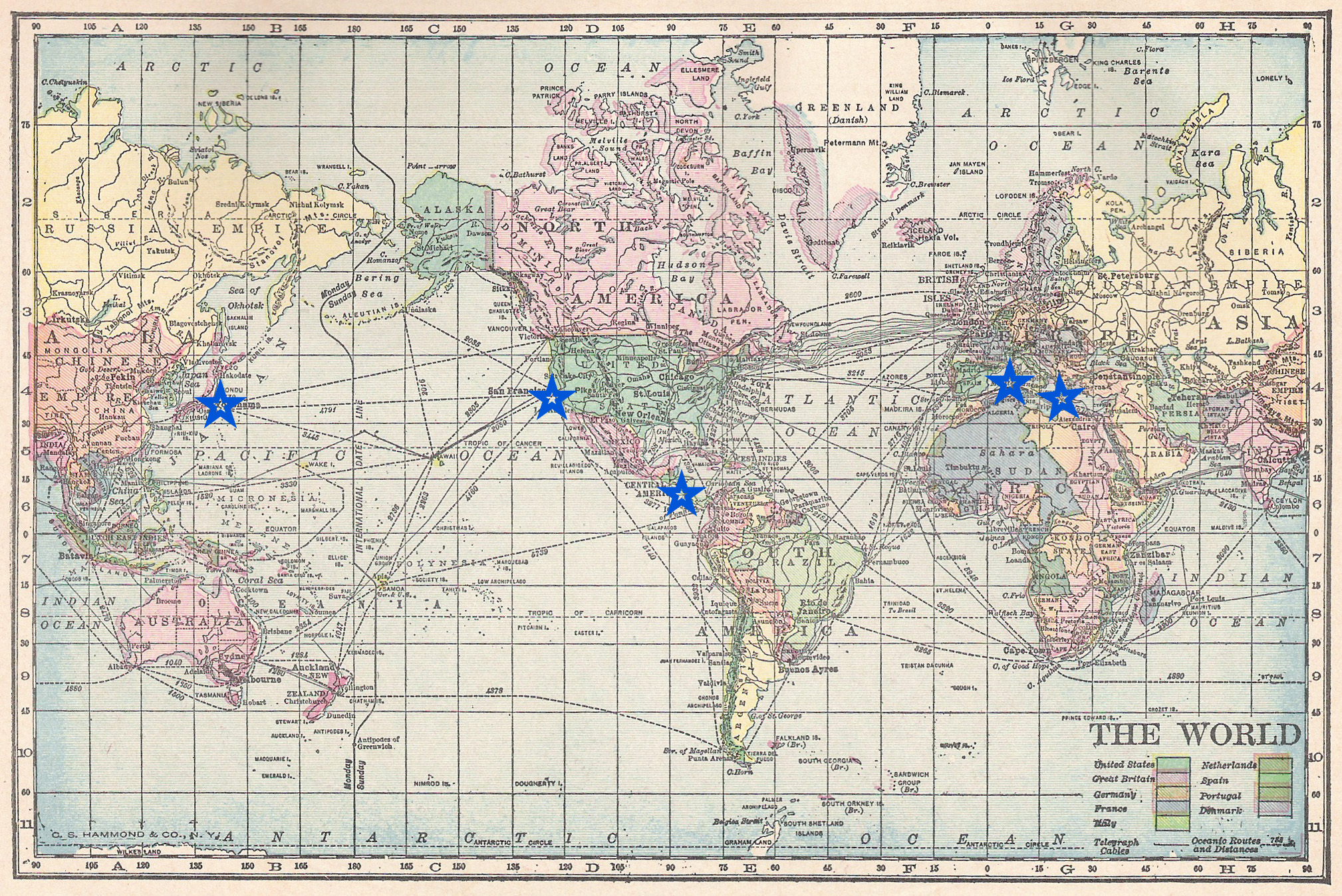
After locating the five blue zones, Buettner assembled a team of medical researchers, anthropologists, demographers, and epidemiologists to study the regions and the people to determine common denominators that resulted in long lives.
Ultimately, they came up with nine common factors that they believed were, in fact, the secret to longevity. In all five blue zones, the people move naturally, have a sense of purpose, minimize stress, only eat until they are 80-percent full, eat a plant-based diet, drink moderate alcohol, have a sense of belonging, prioritize their families, and have close social circles.
Here, we explore the five blue zones and what sets them apart from the rest of the world.
Ikaria, Greece
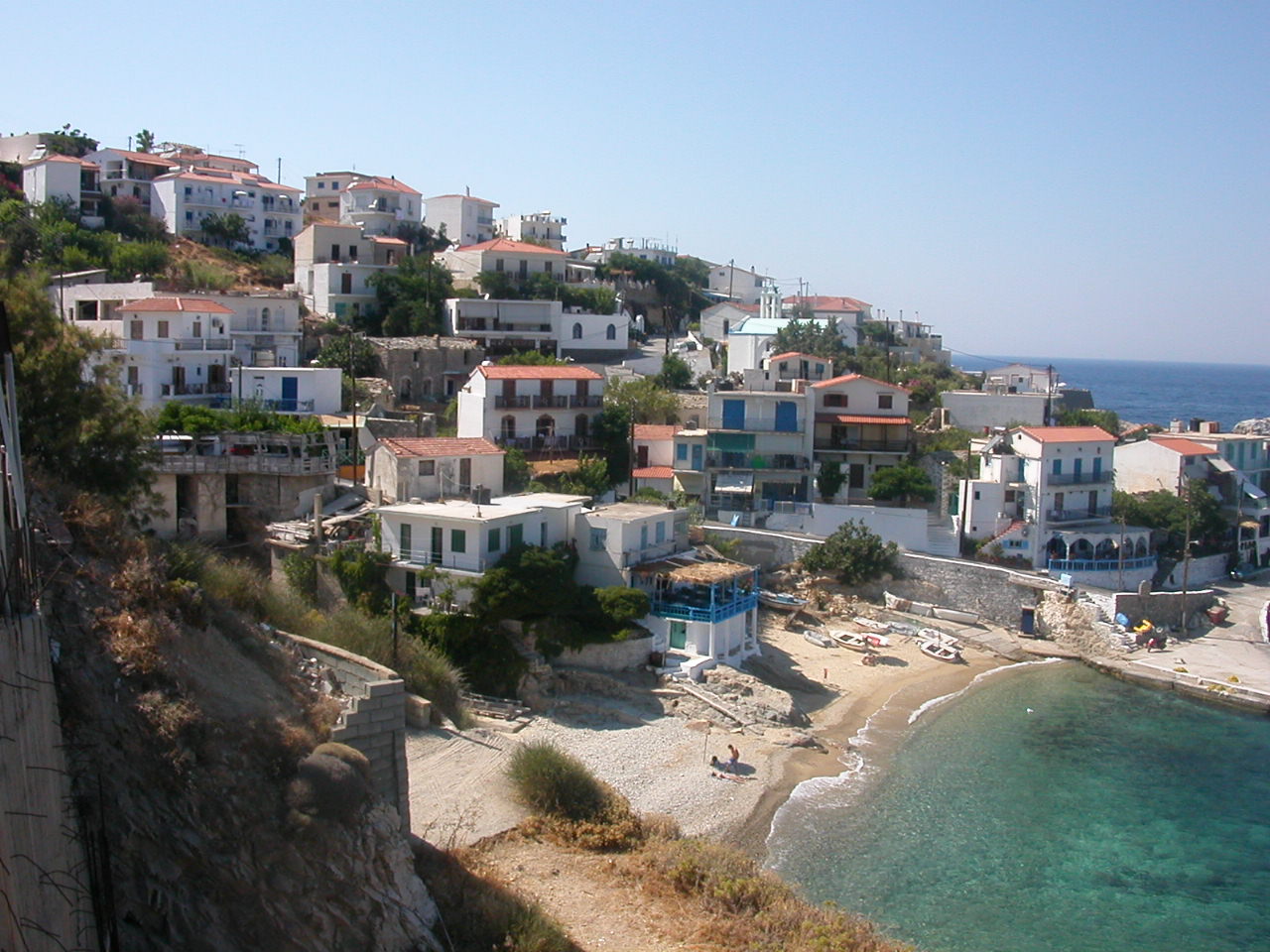
Located in the Aegean Sea, Ikaria is a Greek island that is 10 nautical miles southwest of Samos. According to Buettner, it’s the island where people forget to die. On average, residents of Ikaria live eight years longer than Americans, with half the heart rate and little to no dementia.
Many of the longest-lived Ikarians reside in the mountain’s highlands and exercise regularly through working in their gardens or walking from place to place.
Their diet is a Mediterranean one, consisting of fruits, vegetables, whole grains, beans, potatoes, olive oil, and herbal tea – 37 percent of the foods they eat are vegetables and 16 percent is fruit. While most people in the states drink cow’s milk, Ikarians consume grass-fed goat’s milk, which contains potassium and tryptophan (a stress-relieving hormone).
In addition to daily exercise and a healthy diet, Ikarians regularly take afternoon naps, which have been found to lower chances of dying from heart disease by 35 percent. The people of the islands are mostly Greek Orthodox Christians and as a result of their religion, many residents fast regularly. Lastly, the Ikarians prioritize social connections and regularly make time for friends and family.
Loma Linda, California
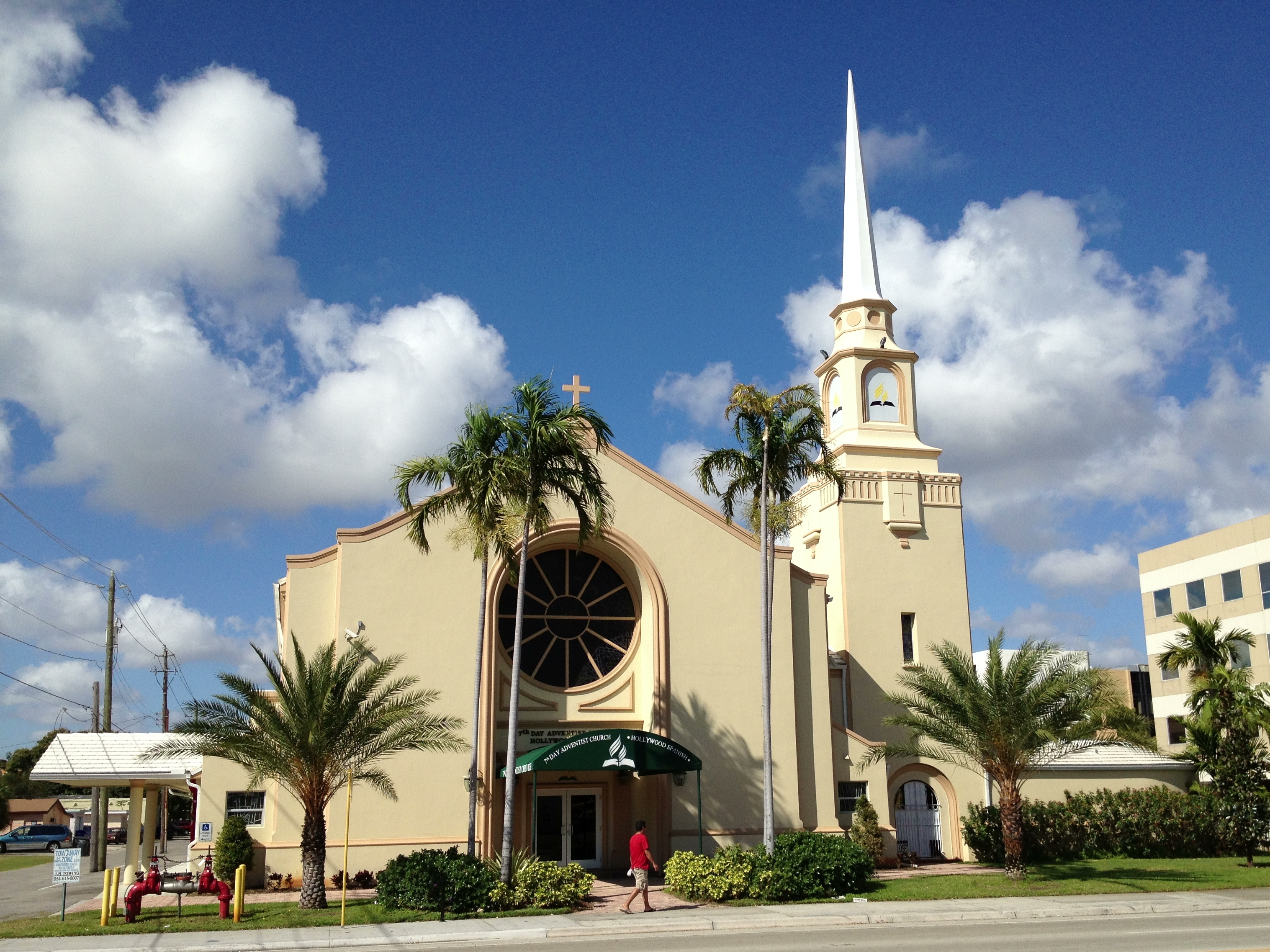
Situated just east of the bustling metropolitan of Los Angeles, 9,000 members of the Seventh-day Adventist church form the core of the blue zone that is Loma Linda.
Despite living under seemingly similar conditions to the rest of Americans, the group of Adventists that call the city their home live an average of ten years longer than their fellow citizens. They exercise regularly, adhere to a mainly vegetarian diet, and don’t drink or smoke – the combination of which may account for their long lives.
As part of their religion, Adventists honor a 24-hour Sabbath each Saturday during which time they set their worries aside and instead focus on family, God, camaraderie, and nature. Outside of the Sabbath, Adventists prioritize spending time with other Adventists where they can support each others’ values and habits.
Additionally, many Adventists volunteer regularly, giving them a sense of purpose through helping others.
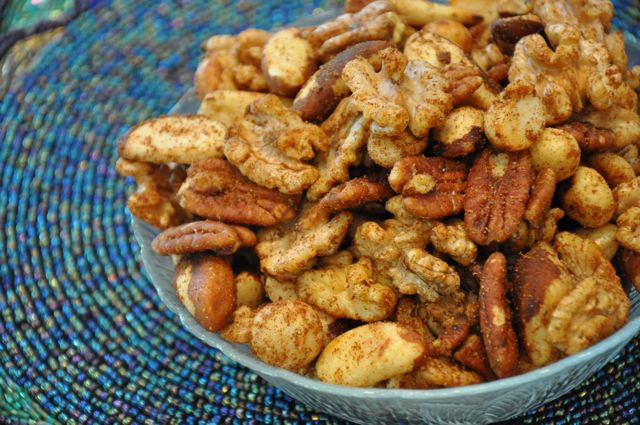
In addition to regular, low-intensity exercise, the Adventists stick to a healthy, plant-based diet. Their diet consists mainly of fruits, nuts, and legumes, with minimal sugar, salt, and refined grains – most are vegetarian but some choose to eat meat in moderation.
They like to eat heavier meals earlier in the day with a light, early dinner, which can help to lower BMI and promote better sleep. Lastly, Adventists snack on nuts regularly. Studies have found that individuals who snack on nuts five times throughout the week reduce their risk of heart disease and add roughly two years to their lifespan.
Sardinia, Italy
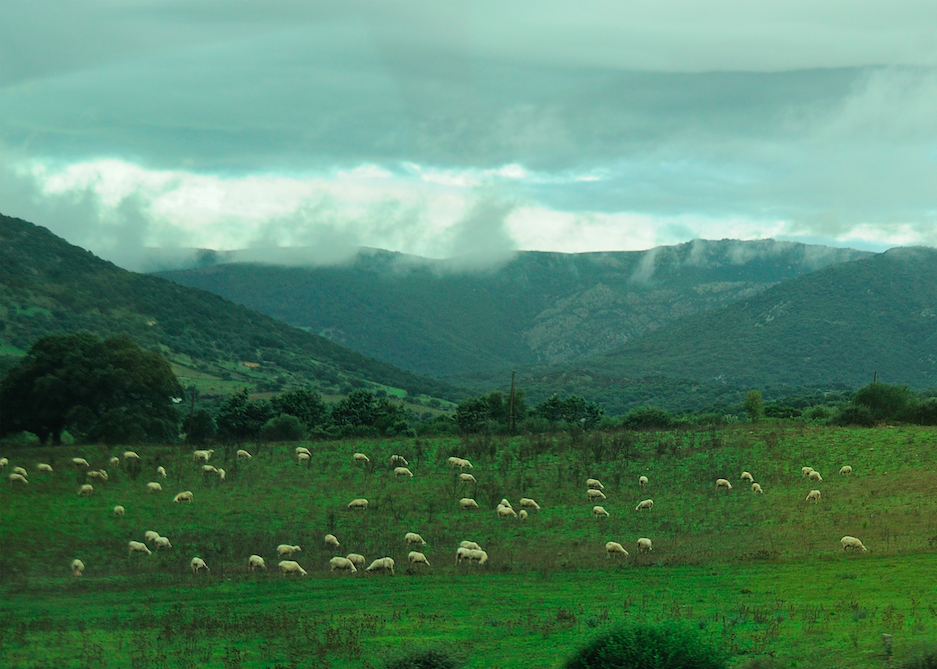
The second largest island in the Mediterranean Sea, Sardinia is home to 2,000 kilometers of coastline, rugged mountains, and the world’s greatest concentration of male centenarians. Due to the region’s geographic and cultural isolation, the people of Sardinia have maintained a traditional, healthy lifestyle that has allowed them to have roughly ten times more centenarians per capita than the United States.
People in Sardinia eat a lean, plant-based diets consisting of whole-grain bread, beans, garden vegetables, fruits, pecorino cheese, and meat on Sundays and special occasions.
Sardinians regularly drink goat’s milk, a beverage that can help ward off inflammatory diseases such as heart disease and Alzheimer’s. Lastly, Sardinians drink a glass or two of red wine daily, with meals or friends, which may explain the low stress levels among men in the region.

In addition to a healthy diet, Sardinians walk regularly – shepherds in the area walk five miles a day, which contributes to healthy bones, muscles, and cardiovascular system. Sardinians also prioritize relationships: they put family first, gather in the streets each afternoon to laugh and talk with friends, and they celebrate the elders in their community.
The focus on positive relationships helps keep depression, suicide, and stress low and may be the explanation for the especially long lifespans of men in the region.
Okinawa, Japan

Located in the East China Sea between Taiwan and Japan’s mainland, Okinawa is a Japanese prefecture made up of more than 150 islands. Once called the “land of the immortal,” Okinawans have less cancer, heart disease, and dementia than Americans, and their women live longer than women anywhere else in the world.
Many of the older Okinawans adhere to a nutrient-rich plant-based diet consisting of stir-fried veggies, sweet potatoes, and tofu. In fact, 67 percent of centenarians’ diets were composed of sweet potatoes for the majority of their lives.
Most Okinawans grow gardens, providing a good source of daily exercise as well as plenty of fresh vegetables. In addition to vegetables, they also plant medical gardens complete with mugwort, ginger, and turmeric to help prevent illness.
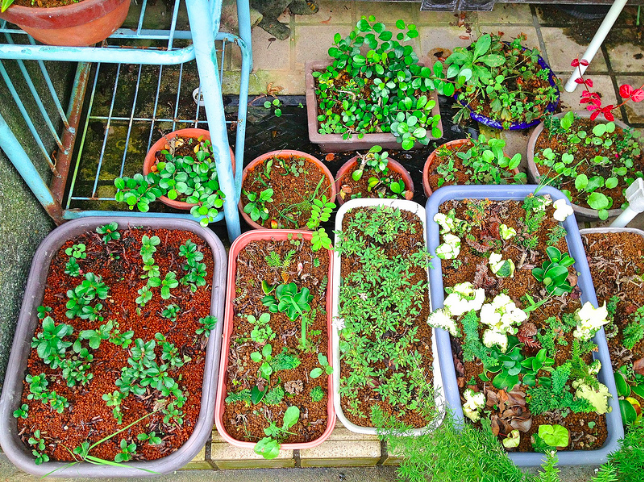
Unique to the islands, Okinawans maintain a “moai,” a circle of friends that they meet with regularly and support throughout their entire lives. In addition to a tight circle of friends, the Okinawans have a strong sense of purpose and a reason for getting up each morning, which they refer to as “ikigai.” Despite having faced hardships throughout their lives, Okinawan centenarians continuously maintain a positive attitude and put the past behind them.
Nicoya Peninsula, Costa Rica
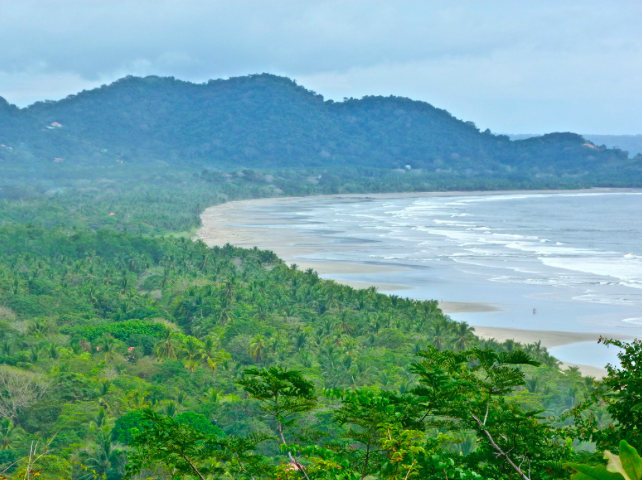
Located just south of the Northern Pacific Coast of Costa Rica, the Nicoya Peninsula is comprised of the northern Guanacaste Province and southern Puntarenas Province, making it the largest peninsula in the entire country. According to Buettner, Nicoyans may have “history’s best longevity diet” due to the large quantities of fortified maize and beans they consume.
Like many blue zone regions, Nicoyans eat a low-calorie, low-fat, plant-based diet heavy in legumes. They enjoy light meals in the early evenings and heavily rely on the “three sisters” of agriculture: squash, corn, and beans. Not only is the combination ideal for crops growth and maintenance, when eaten cooked with tortillas it is an excellent source of carbohydrates, protein, calcium, and niacin.
In addition to nutrient-rich food, Nicoya’s water has the highest calcium content in the entire country, possibly explaining the stronger bones and less cases of heart disease in the region.
Most people in Nicoya have a “plan de vida,” or a strong sense of purpose that makes them feel wanted and needed by their community. In addition to a strong social network, Nicoyans put a large focus on family and often live together their entire lives. They enjoy physical exercise daily, both through walking and completing household chores. Nicoyans prioritize a daily dose of “smart” sunshine (15 minutes on the arms and legs) to maintain vitamin D levels. Lastly, the Nicoyans stick to their roots – their traditions have allowed them to remain relatively stress-free, possibly explaining their long lives.
For more information on blue zones and ways to implement them into your hometown, check out The Blue Zones Story website of pick up a copy of one of Buettner’s books.
The post Home to the World’s Longest-Living People: These Are ‘Blue Zones’ appeared first on Men's Journal.
Comments are closed.